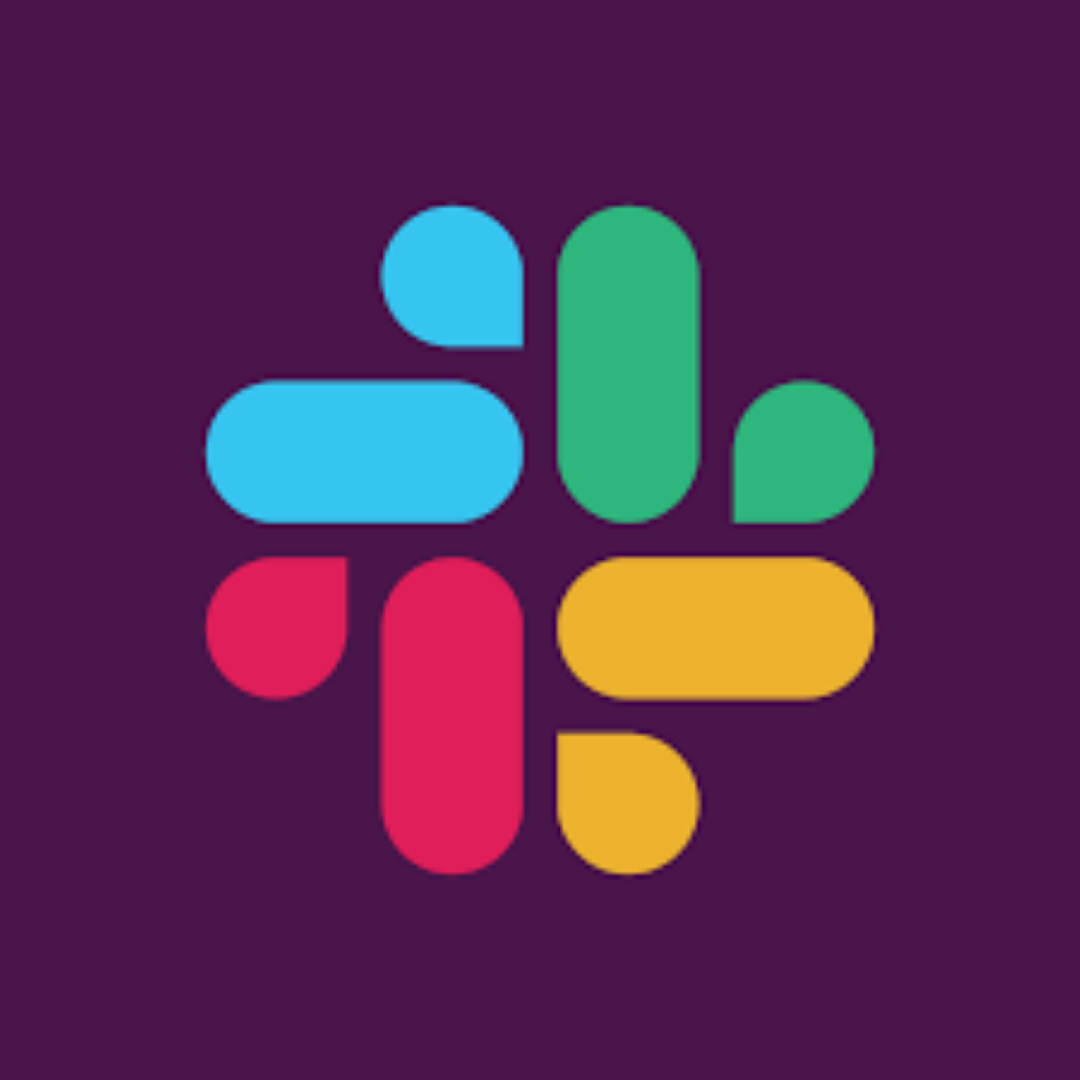Salesforce was reportedly buying Slack for $8B—a very large amount of money. The deal could be a sign of things to come as Salesforce looks to beef up its software services business. But it’s also something of an odd move for Salesforce, as it’s been trying to cut off its ties to other platforms over the past couple of years.
What is Slack?
Slack is a message-based collaboration app that replaces email with features like group chat, file sharing, and a call-in system that allows people to ask questions of a group and have answers from the whole group. Slack is known as a “dynamic, self-organizing team,” and its flexibility is one reason why Slack has become so popular.
Slack is an app that allows users to communicate in real-time with other team members. It’s a messaging app that uses your phone’s data connection to ensure your messages are secure and keep you from getting stuck in a bad chat room. It integrates with many other apps like Trello, Asana, and Google Calendar so that you can communicate effectively and efficiently.
Salesforce acquiring Slack
Salesforce (NYSE: CRM), the world’s largest enterprise application, announced that it had acquired the messaging app Slack in a US$9.1 billion all-stock deal. The startup has emerged as Salesforce’s go-to app for teams. It has become a hub for all team communications, including chat, file sharing, instant messaging, video conferencing, and more. The acquisition of Slack is Salesforce’s latest move to expand beyond its core business of selling CRM software. The company rolled out a new service called Einstein in 2016 to help teams work together more efficiently.
Salesforce is a cloud computing platform that empowers businesses to sell, market, and manage customer relationships in a way that helps them collaborate on sales, marketing, and customer service. The platform provides a collaborative workplace, and it has a large number of apps for sales, marketing, and customer service.
When Slack announced that it had been acquired by Salesforce, the world’s largest enterprise-focused software company, the market was not surprised at all. After all, Salesforce has been trying to get more enterprise-focused tools into the Slack ecosystem for some time now. And Slack is a highly popular tool for teams that allows teams to communicate in real-time with ease, saving time and money. With the acquisition of the slack team, Salesforce is now one of the top contenders in the enterprise market. As well as having millions of customers, the company has also become a viable destination for job seekers and has a serious reputation as a place to work.
Slack offers a free service for team communication, task management, and file-sharing that has been a popular collaboration tool in the workplace for years. Now, a company called Salesforce has acquired the private messaging app, and it brings with it a lot of financial questions for both Slack and its users.
Salesforce is a company that is largely known for its enterprise software solutions. However, the company is also a major player in the consumer technology world, as evidenced by their acquisition of Kabbage, a company that provided credit to small businesses. That’s all well and good, but the question remains: what does this acquisition mean for Slack users?
Slack has been bought by Salesforce. What does that mean for you, the Slack user? The short answer is that it’s under Salesforce’s umbrella now, and that means they’ll take it in a different direction. Salesforce has historically been the most aggressive company when it comes to buying up startups and making them more relevant in the enterprise space. It will be interesting to see what changes they make to Slack’s product and usage and to see if it affects Slack’s popularity and your use of it.
When Slack was bought by Salesforce, many users were concerned about how the takeover would affect Slack’s continuing free pricing model. What’s more, the deal sparked rumors that Slack might begin charging for its service. After some digging, we came up with some good news. While it appears that the free Slack model will continue to be enjoyed by its more than 500 million users, there are some indications that the company might be planning to start charging for some of its premium features.




